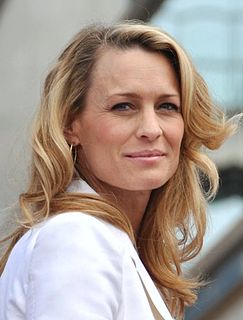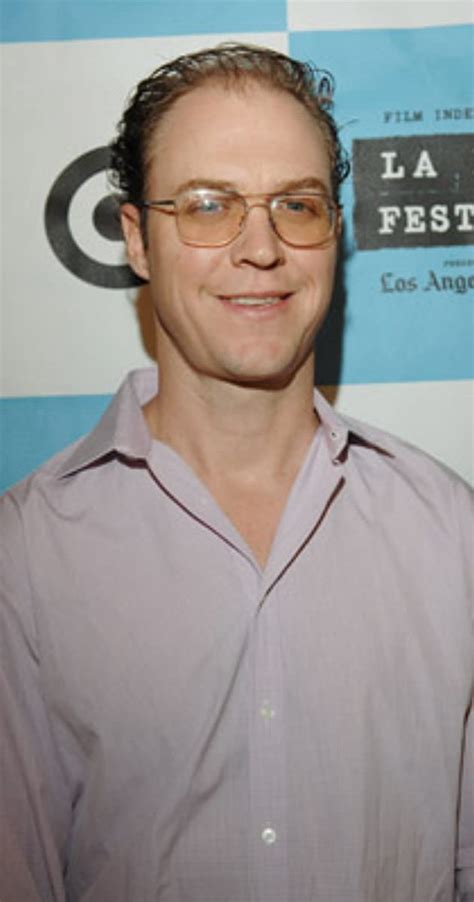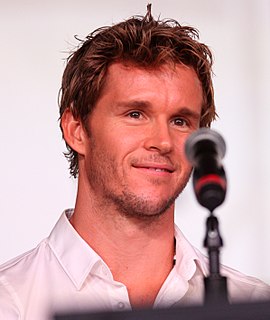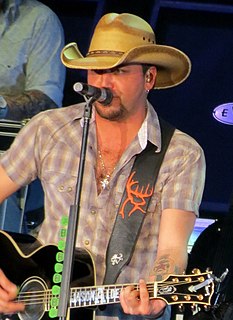A Quote by Campbell Scott
Actors are conditioned to develop a system for expressing as much as they can in the shortest amount of time because you're going to get all cut up in a movie.
Related Quotes
When I'm editing, I tend to cut, go back over it, cut, go back over it, cut, so by the time I'm done, even with a cut, I don't have a rough cut and then work on it so much. I have a pretty rigorous cut of the movie that's usually in the range of what the final movie is going to be. It doesn't mean I don't work on it a lot after that, but I get it into a shape so I feel I can really tell what it needs, or at least it's ready to show people.
I think a play can do almost anything, because it's also a static form, much more so than in a movie. In a movie you can move the scenery, you can do anything any way. A cartoon, happens in a limited amount of space and a limited amount of time, and you can only get so many words before the reader's gonna get impatient. All of these forms that I enjoy are in a sense a slight of hand, where you have to suggest much more than you really show. You have to, in a sense, seduce the reader and trick the reader or the audience into going with you.
Television's getting better because people are investing more money and time and respect into it. But the secret weapon of television is that, because it's a slow burn, you get to meditate on things and develop them. As opposed to film, where you have an allotted amount of time and hopefully you can wrap it up in there.
If there's a cutaway, you need to get it then because it's only going to last [a few moments]. You have to edit the movie as you're shooting it in your head and communicate with your crew about how it's going to work. While making a movie, you have the luxury of storyboards and a script and a bigger crew and actors. I mean, it's so much easier.
Because we didn't cooperate with China, we gave them motivation to develop their own capability. You know, they developed a very capable rocket system, very capable spacecraft. And if we don't cooperate with them in the future, they're going to develop more capable systems. If we're working together on a highly visible project, there is going to be much less, or there is going to be motivation for each country to not get into a conflict or any kind of tension in the military sense.
A huge part of what we do as actors is learning to ignore the camera, as if it's not even there, while simultaneously being very aware of the camera and what it's capturing, because you can give the best performance of your life, but if you do it with the back of your head facing the camera, it's going to get cut from the movie.
If you say, 'I'm going to cut this song because I know the teenagers are going to love it,' well, then you're going to alienate everybody else. When I cut my record, I'm just going to cut the things that I like, and whoever likes it, likes it. That's too much work to try to figure out the demographic. That's too much like a business.
I never liked the extended cut personally because I like...we spend a lot of time figuring out our final cut. We test and test and test it, whatnot. Having said that, there's one sequence we're adding back into the movie for the extended cut that is pretty amazing that I think people are going to love.




































